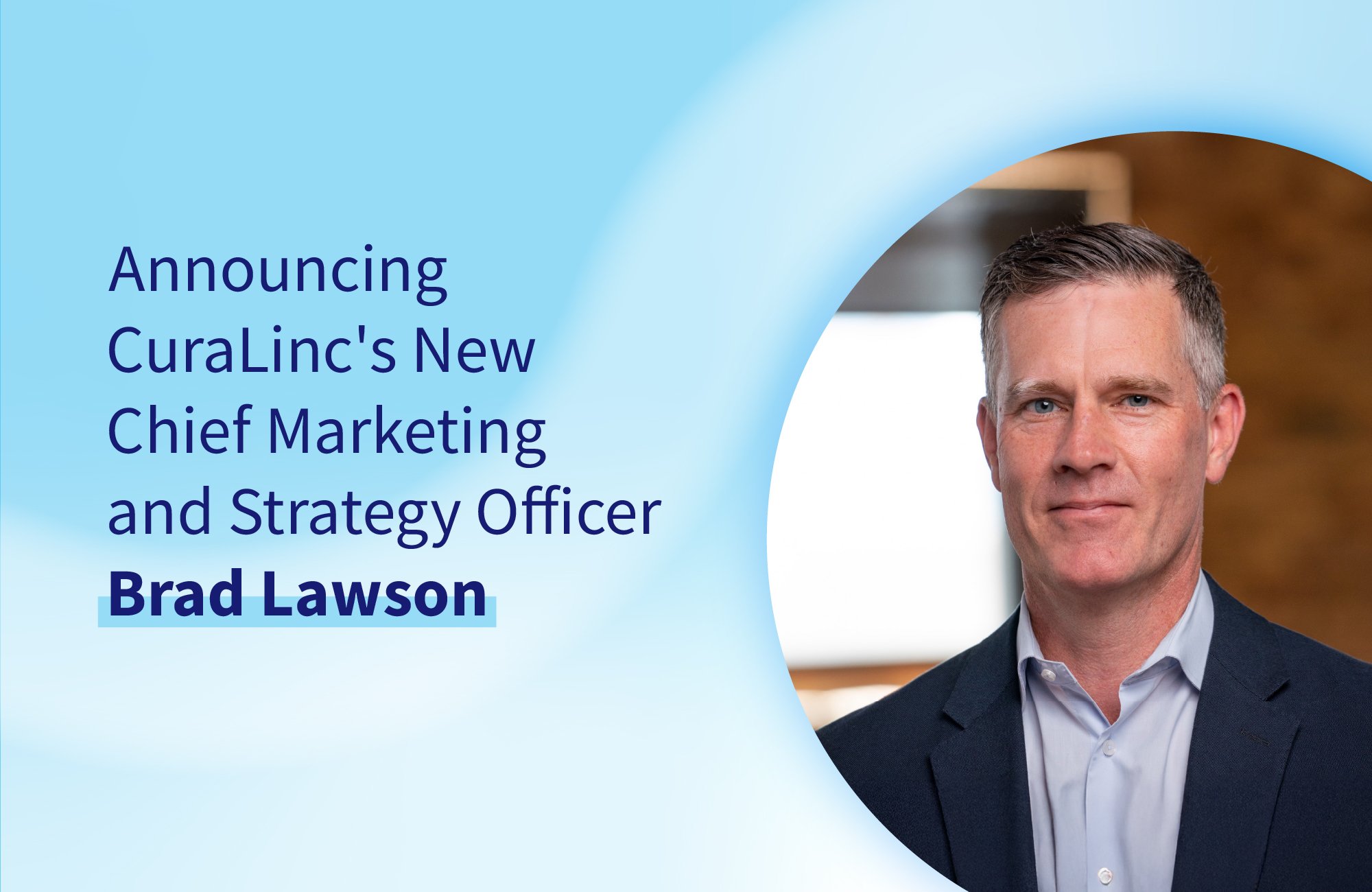Access to effective mental health treatment is more challenging than ever. 54% of adults with a mental health disorder do not receive treatment, nearly 30% of adults report they try and can’t get treatment and over 119 million Americans live in a Mental Health Professional Shortage Area. As a result, many employers are looking for creative ways to extend the footprint of care and support.
Hybrid employee assistance (EAP) models, which include both network and worksite clinical resources, have been in existence for decades and have helped employers broaden the range of their programs by making access to mental health support more convenient for employees. However, for some employers, the pandemic has caused an adjustment to the percentage of work that’s delivered in-office — driving companies and their EAP providers to reassess the features that made hybrid counseling so popular to begin with. As a result, hybrid counseling has evolved into dedicated counseling.
Dedicated counseling is just that — dedicated, at a client level, to provide meaningful and culturally-relevant mental health support at the worksite, in a nearby clinic or in a virtual setting. Dedicated counseling improves access to care and extends the impact radius of the program by providing employers with the best of both worlds — the convenience and client-specific expertise of a counselor (or counselors) who are woven into the fabric of each employer, combined with the in-the-moment clinical support, work-life resources, global network and digital treatment modalities delivered by an EAP.
The premise is simple — by staffing counselors who are dedicated to the employer, more employees will access mental health treatment to address their depression, anxiety, stress, grief or substance abuse concerns. Moreover, the care they receive will be more impactful, since the counselor(s) will be familiar with the employer’s culture, policies and other benefits.

Other benefits of dedicated counseling include:
Unparalleled flexibility. Dedicated counseling can be delivered anywhere and at any time — at the worksite, in a health clinic or completely virtually.
Improved access. Employees can schedule same-day sessions or even walk in for counseling at the worksite, in a clinical or in a virtual setting.
Higher engagement and utilization. Employees who use dedicated counseling typically aren’t the same employees who use standard elements of an EAP or digital-only program.
Culturally-competent support. EAPs partner with employers to hand-select counselors who meet the cultural needs and preferences of each employer’s unique population.
Inline scheduling. Employees can schedule care directly through their desktop or mobile platform.
Greater choice. Dedicated counseling participants can not only choose the ideal date and time for treatment, they can also choose a counselor whose background and credentials best meet their needs.
External integration. Dedicated counselors coordinate care and referrals with a client’s other health management programs and benefits.
Internal integration. Dedicated counselors are woven into the fiber of the client, at every level of the organization (employee, manager, HR, leadership-level).
CuraLinc can launch a dedicated counseling program with as little as four hours, every other week. The CuraLinc team will monitor performance and recommend changes to the staffing model if schedule fill rates or wait times for care become out of line with historical norms. In addition, the cost of dedicated counseling for most clients is typically less than the cost of outpatient mental health counseling.
For more information, visit the dedicated counseling page at curalinc.com, email us at dedicated@curalinc.com or contact your CuraLinc representative.




